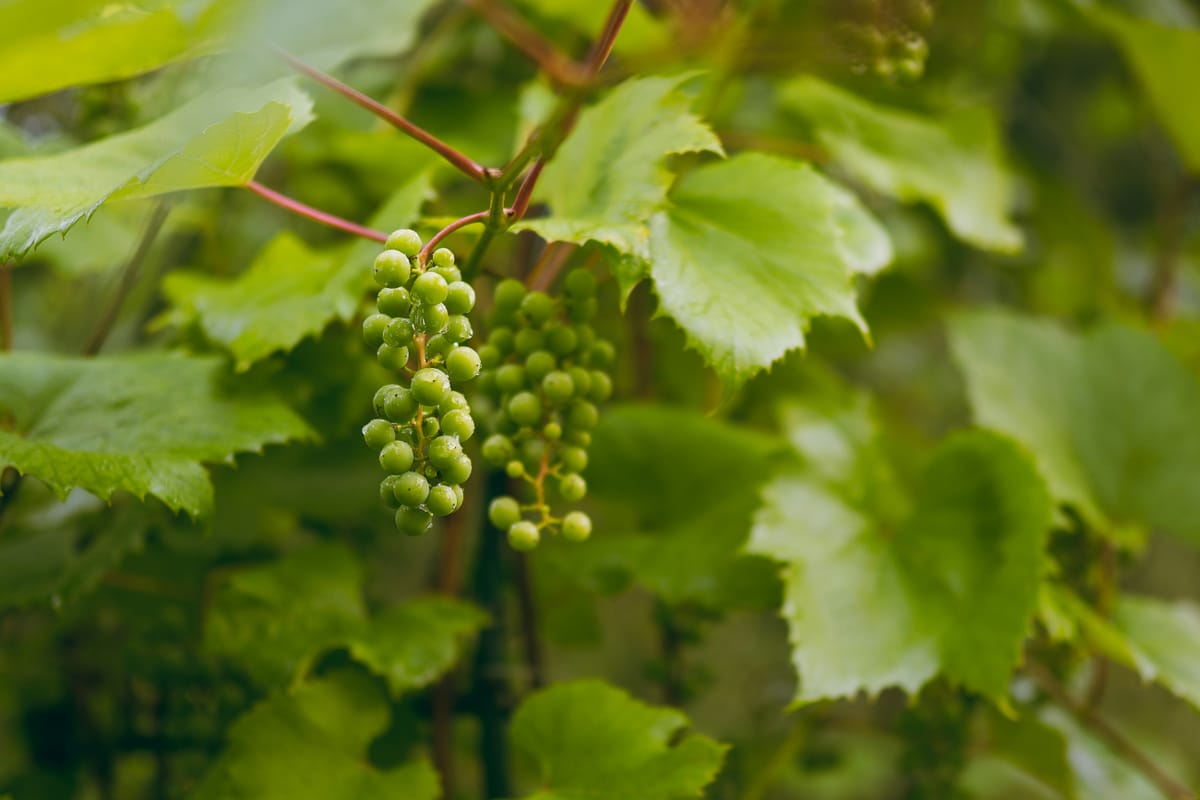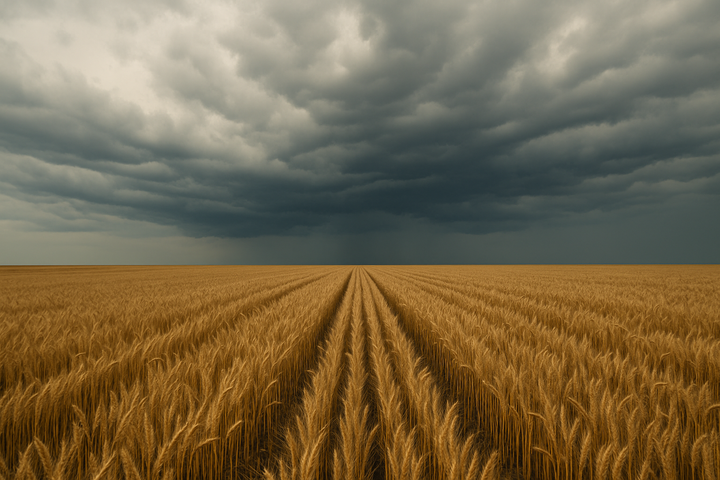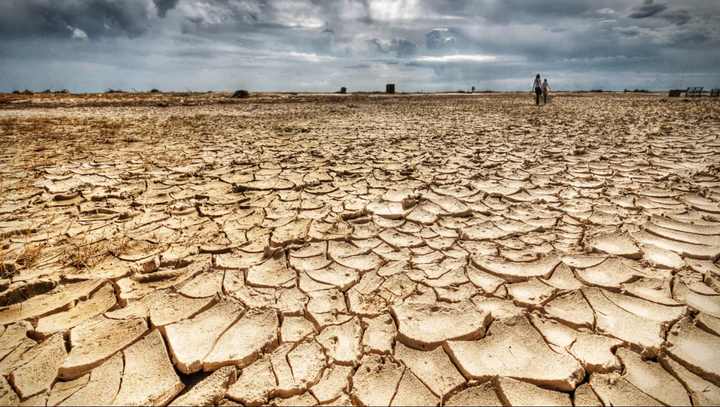Crushed by Chaos: How Trump’s Tariff War Is Gutting Eastern Washington’s Wine Industry

Eastern Washington’s wine industry, long a symbol of the region’s resilience and refinement, is now reeling from a distinctly undignified threat: the chaos of President Donald Trump’s tariff war. What began as campaign bravado has metastasized into economic wreckage for rural winemakers, grape growers, agricultural workers, and the small towns they sustain.
From Walla Walla to Prosser, Zillah to Benton City, the effects are no longer theoretical. They are tangible, painful, and, thanks to the current administration’s erratic economic nationalism, entirely avoidable.
The Canada Collapse
When Trump imposed steep tariffs on Canadian aluminum, steel, and other goods in early 2025, Canada retaliated swiftly and strategically. One of the targets? American wine.
British Columbia, Washington’s largest export market for wine, enacted a de facto ban by ordering the removal of all U.S. alcohol from liquor store shelves.
In one stroke, the $12 million Canadian export market for Washington wines collapsed.
Growers who had planted vines years ago with projections based on robust cross-border demand now found themselves with no buyer and no path forward. Winery cellars filled with unsold cases. Tank space ran out. And in the fields, grapes were left to rot on the vine.
A Chain Reaction of Ruin
The export crisis was only the first domino. Trump’s broader “Liberation Tariff” policy, enacted in April 2025, levied unpredictable new duties on everything from corks to French oak barrels, driving up costs for small producers. Even American-made wine bottles, often reliant on imported raw materials, became more expensive.
In the midst of this pressure, Ste. Michelle Wine Estates, the state’s dominant buyer, announced it would cut grape purchasing by 40%.
“We’ve worked 15 years to establish this vineyard,” one Zillah farmer told Wine Press Northwest. “Now we’re being told we can’t sell even half our fruit. And we’ve got bills due.”
For smaller growers, especially those in WA-5 who contract directly to Ste. Michelle, the math was immediate and devastating. Vines would be torn out. Some for good.
The People Behind the Vines
While headlines focus on billion-dollar export figures and trade policy, the real cost is borne by people.
The Eastern Washington wine industry is powered by a vast network of labor, many of them Latino workers who prune, pick, haul, and crush. These are not speculative investors or legacy landowners. These are families whose income disappears with each shuttered tasting room and lost harvest.
These are not speculative investors or legacy landowners. These are families whose income disappears with each shuttered tasting room and lost harvest.
The ripple hits main streets too. Wine tourism fuels hotels, restaurants, farm-to-table kitchens, even custom glassware artisans. When wineries cut costs or close altogether, whole communities lose their cultural and economic anchors.
In Prosser, one longtime tasting room manager described the 2025 season as “eerily quiet.” Walk-ins dropped by 60 percent. Event bookings vanished. The crush pad, usually buzzing, stood still for weeks.
Chaos as a Policy Tool
President Trump, now in his second term, has repeatedly framed his tariff agenda as a strategy to “put America first” and “reclaim manufacturing dominance.” But Eastern Washington does not build cars or smelt steel. It grows grapes. It makes wine. And in that calculus, the Inland Empire is collateral damage.
Tariffs are announced by tweet. Retaliation arrives overnight. Exemptions shift monthly.
Growers who depend on multi-year planning, crop cycles, capital equipment, and labor are trying to build an industry inside a house of mirrors.
Looking for Relief, Finding None
Unlike previous economic shocks for area farmers, there is no federal backstop for wine producers harmed by export bans or inflationary production costs. Trump’s USDA programs favor commodity crops: wheat, soy, and corn. Viticulture is excluded.
Washington’s wine industry is left to fend for itself, with little support from a congressional delegation that mostly echoes the President’s talking points.
Rep. Michael Baumgartner praised Trump’s “courage to confront Canada’s trade duplicity,” but said nothing of the fallout felt from Pasco to Pullman.
A Vintage Year for Indifference
Washington’s wine industry has survived wildfires, droughts, and recessions. What it may not survive is neglect.
The 2025 trade war has exposed just how fragile the industry’s economic ecosystem is, and just how little the current administration seems to care.
Trump’s reckless tariffs have turned that story bitter. Unless a new policy or a new representative steps in to course-correct, the next harvest may yield less than vines. It may yield fury.

